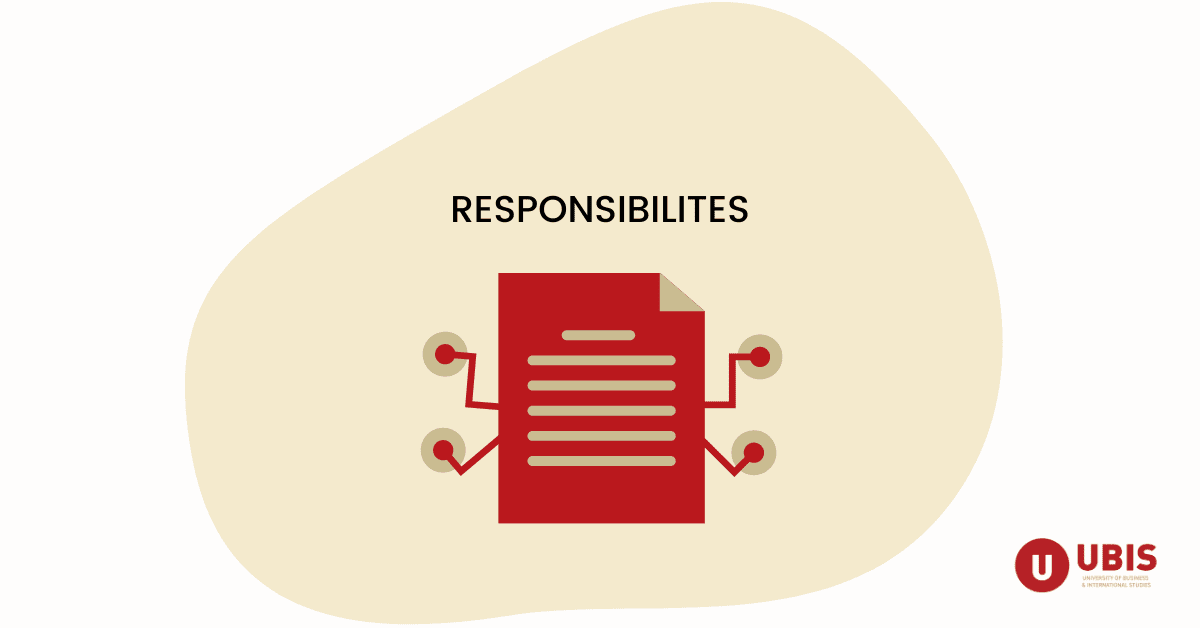As the future of business continues to evolve, there are certain skills that remain highly sought-after by employers. While technical know-how will always be valued, interpersonal skills are predicted to be just as important for the future workplace. In an increasingly digital work and study space, how can you sure you are building your teamwork skills while working and studying remotely?
Not having a physical team around you, be they colleagues, project partners or your study group, can feel like a barrier to building relationships and networking. You might even be tempted to put it off altogether and wait until you’re working directly with others again. Resist that temptation! There are numerous ways in which you can improve your teamwork skills while studying from home. These tips will help you show your value within a team, foster great remote relationships and make connections that will eventually benefit you in person too.
Establish Yourself As A Great Communicator
When studying remotely, strong communication is key to working well in a team. You will be able to better share your ideas and make your voice heard, as well as ensuring clarity across everyone’s roles and responsibilities. Communication really is the glue that holds a team together.
According to Forbes, more than half of all communication is written rather than spoken when a team is working remotely, so bear that in mind when you contact your peers and professors. Make sure your communication stands out. Excellent spelling and grammar are basics that can’t be forgotten, but consider your tone as well. The tone of an email to a potential interviewee for your project might be very different to a quick text to your study group.
Whether written or verbal, sharing information and getting your point across in a clear and timely manner is crucial to the success of a team.

Get Clear on Your Role
When starting on a team project, no matter how big or small, establishing exactly who is responsible for which tasks is fundamental to the team’s success. Not only does it encourage accountability but designating roles within a team can help those with certain skills to shine.
Why not start with a quick skills audit? What is each person most interested in or has the most experience of executing? Ask yourself if this project would benefit from team members having the time to try something new, or does this project rely on efficiency and a quick turnaround? Can two people work together on one area or is this an individual task?
Once you have decided who is doing what, make a note of everyone’s responsibilities. Store that information in a place that is accessible to the whole team – why not use a digital management tool like Trello or Asana? Make a point of checking in with one another on a regular basis to review the status of the tasks that need completed.
If you know someone could use support or if a task would benefit from a collaborative approach, take the initiative and reassess your roles within the team. While clarity is key, flexibility is also important for effective teamwork.
Set Clear Deadlines and Boundaries
As well as establishing roles within your team, it’s important to set clear deadlines. Not only can this keep everyone on track, setting deadlines can also overcome the hurdle of asynchronous communication. Working together while apart can often mean covering different time zones. Be mindful that when you send your email at 9am local time, your teammate might still be asleep and is unlikely to respond straight away!
Equally, if you’re the person receiving that 9am email when it’s 4am with you, establishing working boundaries for everyone can lead to smoother teamwork. Studying from home can quickly blur the distinction between work time and downtime. Agree with your team about when and how you should contact each other – and then respect those boundaries. Ensure that you have at least one regular time to meet that the whole team can commit to. Otherwise, demonstrate your reliability by communicating in good time and meet your personal deadlines.
Make Time for Valuable Virtual Face Time
When you’re busy studying remotely, it can be easy to forget that there are faces behind the names that pop up in your inbox or group chat. Making time for video calls, alongside email updates, can help boost team morale. Speaking face-to-face, even virtually, reminds individuals that they are part of something.
Why not use this virtual face time to share good news stories? As well as delivering a progress report, build connections and get to know one another more socially. The time you spend on a video call could be the perfect opportunity to celebrate your team’s successes. Video enables project managers to highlight stand-out contributions in a more personal way.
Make sure your teammates know that this isn’t just another Zoom call. Treat it like an in-person meeting and have an agenda of key points if that helps. Ensure that your time spent working together online is constructive and concise.

On the face of it, it might feel that studying remotely is a completely solo experience. However, there are plenty of opportunities to demonstrate what great teamwork skills you have and to build new ones.
Remote working isn’t going away any time soon. Proving your adaptability and openness is key to setting yourself apart in the future jobs market. Great communication, clarity and commitment can all be demonstrated in the digital sphere as much as they would be in person. Just because you’re studying and working from home, doesn’t mean that you can’t play your part in a team.
Comments are closed.

